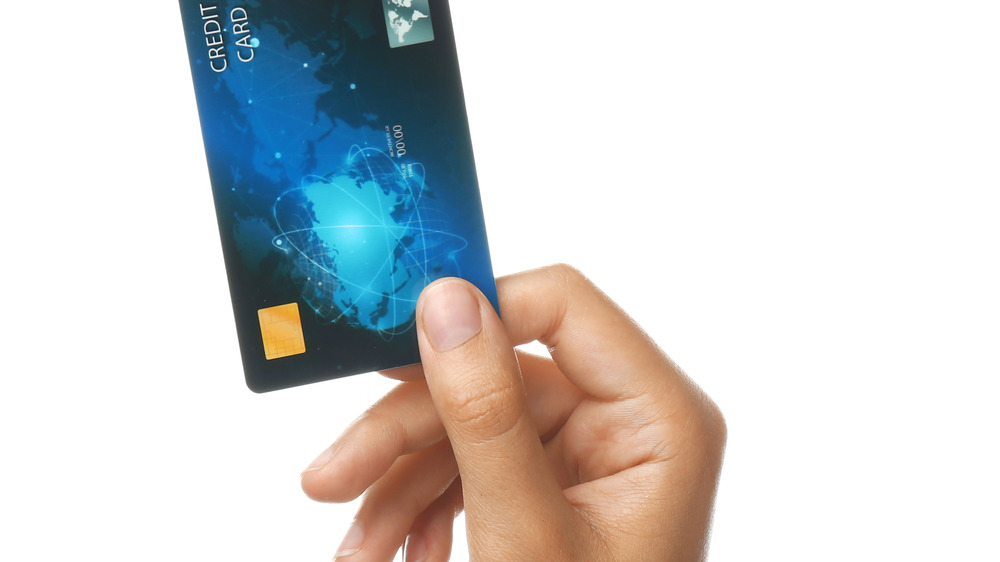Why People Believed Unmarried Women Couldn't Have Credit Cards 50 Years Ago
Women's rights have come a long way, and now more than over, women are gaining positions of power. But not too long ago, women were still being denied very basic things, including financial freedom. Back in the 1970s, unmarried women couldn't get credit cards. These days, as long as the bank thinks you can pay off your debts, you can get a credit card. But it was a hard-fought battle to get to this point. And it wasn't just unmarried women who couldn't get credit cards; married women had to bring along a man when applying for one.
According to Experian, this attitude was a holdover from British law. Women were not considered legal entities separate from their husbands early in the life of the United States. This allowed husbands to gain control of their wives ' property once they married. For example, if the wife comes from a wealthy family, the husband then becomes the new owner of whatever houses or lands were in her name. Technically, Experian said, single women had the same property rights as men, but there weren't as many unmarried ladies in the 18th and 19th centuries.
By the 1800s, some states began allowing married women to own property. Despite this, many women still couldn't achieve financial freedom. Even in the 20th century, women weren't getting acceptable credit limits. Smithsonian Magazine reported married women found their wages discounted by 50 percent when calculating their credit limit. Men were not subjected to the same scrutiny.
RBG helped save the day
At that time, unmarried women were routinely denied access to credit cards because many banks wanted a man to co-sign with them. Experian said the reason women were often denied credit cards was that bankers believed women's wages would drop when they become mothers. If they were unmarried, it meant that there wasn't a man to help pay their debt. MyFICO explained that even if women were able to prove their credit-worthiness, their credit history was suddenly wiped the moment they married.
So how did unmarried women build a credit history without access to a credit card or a mortgage? They could buy something on installment,which created a credit history. This blatantly sexist attitude continued until 1974, when legislation finally required banks to provide access to credit for all women. The Equal Credit Opportunity Act of 1974 (ECOA) finally allowed women to get credit separate from their husbands. The act, championed by the women's rights movement, banned banks from discriminating against someone on the basis of their sex, religion, race, national origin, marital status, or age.
With the passage of the ECOA, there was no more need for a male co-signer, and banks could no longer demand higher down payment or charge higher interest rates from women. The ECOA would not have been possible without the late Supreme Court Justice Ruth Bader Ginsburg. Next Advisor reported how Ginsburg's work arguing against laws that discriminated on the basis of sex paved the way for the ECOA.
It's still hard for some women to get credit
Even though women, regardless of marital status, now have access to credit cards, there are still insidious ways banks get more money from women. Smithsonian Magazine noted a report from the Financial Industry Regulation Authority which showed that women still pay interest rates half a point higher than men.
Experian also found that women tend to have a more challenging time getting approved for higher credit. Women tend to earn less than their male counterparts, and women who work low-wage jobs or work as family caregivers get denied credit. Women who didn't have their individual credit cards before they divorced or were widowed also have a harder time establishing a credit history. Many of those women usually join their husband or family members' card as an authorized user, but some banks don't take that into account as credit history.
So while women have made great leaps in our society, it wasn't that long ago that they were being denied access to something crucial to financial freedom: credit. And even though credit cards are easily accessed now, it still doesn't mean everything is equal.


